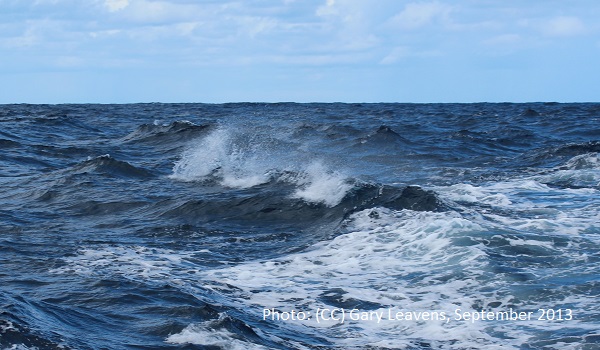According to recently published IOM data, 16,760 individuals have reached the Canary Islands between January and November, after crossing by boat from the coasts of West Africa. Local authorities urge transfers to the Spanish mainland and 2600 people remain at Arguineguín dock under harsh conditions.
Spanish authorities have agreed to build migrant camps on the Canary Islands, by adapting three military bases in Tenerife, Fuerteventura and Gran Canaria to house people who are currently living in a makeshift camp. The government of the Canary Islands has asked for further support from the state through the relocation of 500 to 800 unaccompanied children, out of a total of 1665 on the island, to the mainland as the housing conditions are considered for ‘emergency’ and inherently unstable.
The accommodation problems on the island were further evidenced by the Ministry of Interior’s decision to evict 227 people from the humanitarian camp of Mogán without reception alternative, nor prior notice. Furthermore, this week, magistrate Arcadio Díaz Tejera, in charge of the control of the Center for the Internment of Foreigners of Gran Canaria, visited the main camp on the Arguineguín dock, which is home to more than 2000 people. She asked for the immediate dismantling of the camp, describing people “kept like cattle” and underlined that they are exposed to degrading and inhuman treatment.
Other stakeholders have voiced their concern about the situation in the Canary Islands. City official of Fuerteventura, Blas Acosta, said that, on the islands, “reception equals improvisation”, while adding that the solutions to the migration increase are “by far inadequate”. Txema Santana, speaking in name of the Spanish Commission for Refugee Aid (CEAR), member of ECRE, highlighted that the lack of coordination is leading to greater vulnerability for people and, therefore, asked the government to urgently undertake transfers to the mainland. In addition, the secretary general of Cáritas, Cayi Suárez, lamented the lack of coordination on the island and denounced the dire conditions on the Arguineguín dock, where thousands of people sleep without “minimal sanitary conditions, no bathrooms, no showers and no space to move”. Finally, Minister of Territorial Policy, Carolina Daria, commented the current situation in the Canarias during a press conference, and underlined that the Spanish Government would try to alleviate the pressure by putting the emphasis on “deporting those who do not have the right to international protection and avoiding the referrals of immigrants to the mainland”.
Last month alone, over 8000 people arrived and the islands have seen an increase of arrivals of 1019% in comparison to the same period in 2019.
For further information:
- ECRE, Atlantic Route: Arrivals Continue, Miserable Conditions at Arguineguín Pier, Ombudsman Investigating Lack of Legal Assistance, November 2020
- ECRE, Atlantic Route: People Face Death at Sea and Miserable Conditions upon Arrival in the Canary Islands, High Prosecutor’s Office Prohibits Separation of Children, October 2020
- ECRE, Atlantic Route: Arrivals in Canary Islands Continue to Rise, more than 1,000 People Cramped at Arguineguín Pier, Children Separated from their Parents for Months in Order to Prove Kinship, October 2020
- ECRE, Spain: Exponential Increase in Arrivals in the Canary Islands, Capacity Stretched, Intense Rescue Activity in Spanish Waters, October 2020
- ECRE, Spain: Surge in Arrivals via the Atlantic Route, Devastating Conditions in Melilla Continue, People Rescued South of Granada, September 2020
- AIDA, AIDA 2019 update: Spain*, April 2020
- ECRE, Op-ed: Cooperation with Morocco in the EU’s African Border – a laboratory of externalization, January 2018
Photo: (CC) Gary Leavens, September 2013
This article appeared in the ECRE Weekly Bulletin. You can subscribe to the Weekly Bulletin here.

